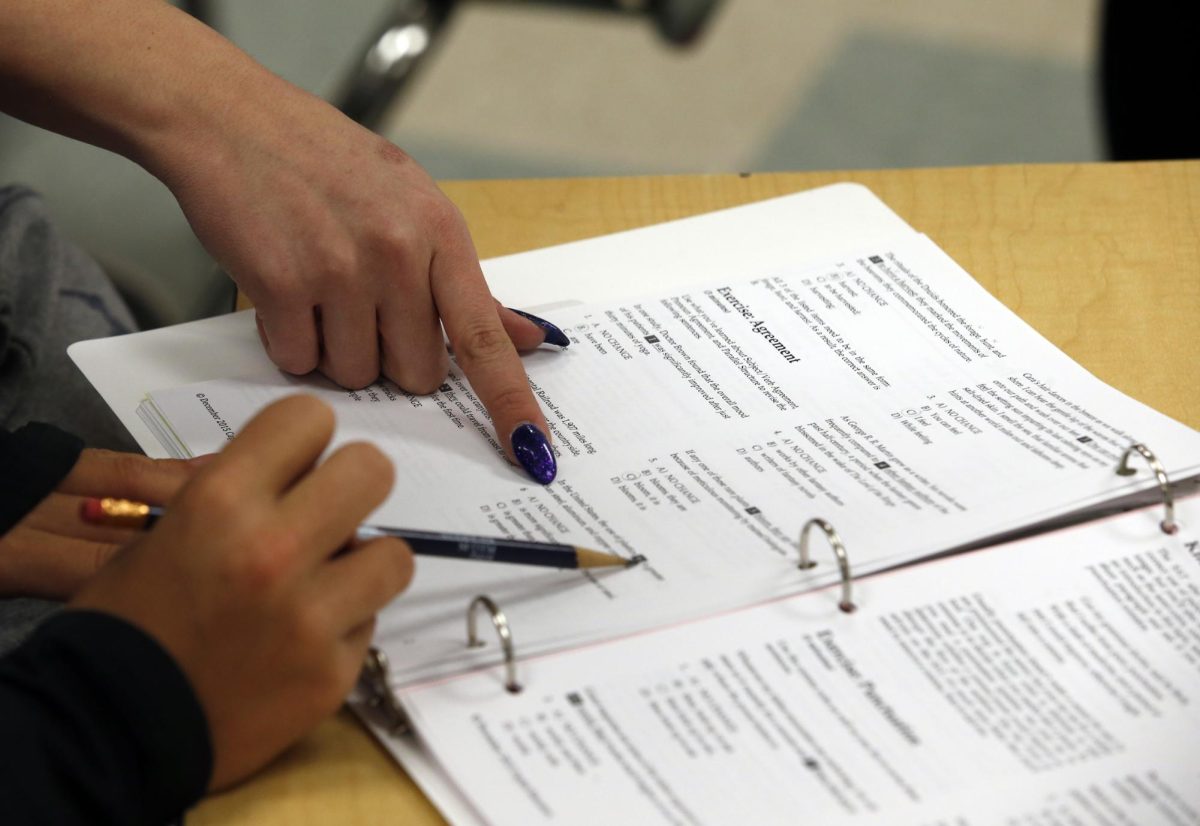Standardized tests are a commonplace in our society. Although they are becoming less important in college applications, they still loom over our shoulders.
Standardized testing is a widely used method for assessing the knowledge, skills and abilities of students in a standardized and objective manner. While it serves several valuable purposes, it also comes with its fair share of criticisms.
They primarily focus on assessing a narrow set of skills, often emphasizing memorization and regurgitation of facts. They may not effectively gauge critical thinking, problem-solving, creativity, or practical application of knowledge, which are crucial skills for success in the real world.
Measuring cognitive abilities, standardized tests leave out crucial non-cognitive skills, like teamwork, creativity and emotional intelligence, in their evaluation.
The emphasis on standardized testing can create a high-pressure environment for students, which may lead to anxiety, stress, and even cheating.
The high-stakes nature of standardized testing can lead to increased stress and anxiety among students. The pressure to perform well can have detrimental effects on mental health, potentially impeding a student’s ability to demonstrate their true potential.
Standardized tests have been criticized for perpetuating existing inequalities within the education system.
Socioeconomic factors, cultural differences and language barriers can significantly impact a student’s performance. This can unfairly disadvantage marginalized groups, leading to an inaccurate representation of their true abilities.
Due to the emphasis on tested subjects, non-tested areas such as art, music, physical education, and extracurricular activities may receive less attention in the curriculum.
Some educators may feel compelled to “teach to the test,” focusing solely on material likely to appear on standardized exams. This narrow curriculum may not cover important aspects of a well-rounded education.
Standardized tests provide an objective measure of a student’s performance. They are designed to be consistent across different test takers and locations, reducing potential biases in grading.
Standardized tests hold schools, teachers and districts accountable for the quality of education they provide. It helps in identifying underperforming schools and implementing necessary interventions.
These tests allow for comparisons of student performance on a national or even international level. This information is crucial for policymakers to make informed decisions about educational standards.
Standardized tests can highlight areas where students are struggling. This data can be used to target specific subjects or skills that may need extra attention in the curriculum.
The SAT or ACT are often a key component of college admissions. They provide colleges with a standardized metric to evaluate a large pool of applicants.
These tests are designed to be uniform and standardized, which can be problematic for students with diverse learning styles, backgrounds, and abilities. Some students may excel in alternative forms of assessment, like project-based learning or presentations, but struggle in a standardized testing environment.
While it provides valuable data for educational accountability and comparison, it’s essential to consider its potential limitations and ensure a balanced approach to assessment in the educational system.
Standardized testing, while serving certain purposes in education, is not without its significant drawbacks. It’s important to critically evaluate its role in the education system and consider alternative assessment methods that offer a more comprehensive and equitable evaluation of student abilities.


